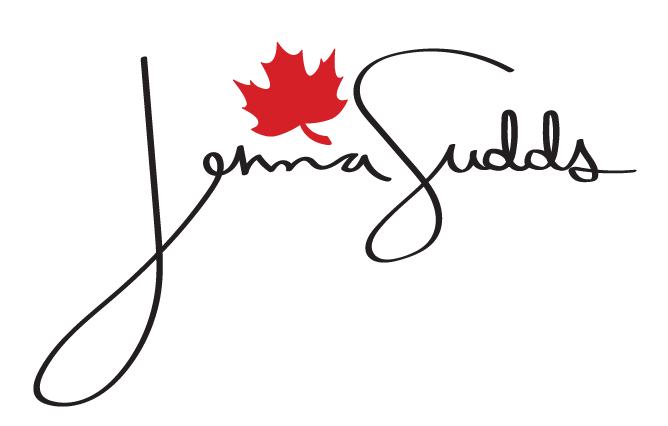Federal Proof of Vaccination & Business Support Updates
Standardized Proof of Vaccination and Extended Business Supports
Vaccination is the best way to keep Canadians safe and healthy, get back to enjoying the things we love, and prevent future lockdowns. As new travel requirements roll out in Canada and around the world, our Liberal government has been working closely with provinces and territories on a standardized proof of vaccination that facilitates international and domestic travel.
Today, Prime Minister Justin Trudeau announced that, in collaboration with provinces and territories, a standardized Canadian COVID-19 proof of vaccination is now available to residents of Newfoundland and Labrador, Northwest Territories, Nova Scotia, Nunavut, Ontario, Quebec, Saskatchewan, and Yukon, and will be available in the other provinces soon.
Our government made five vaccine commitments to be completed in the first 100 days following the swearing-in of the new Cabinet, and we have already announced three of them. The commitments are:
To support provincial and territorial proof of vaccination programs.
To ensure everyone 12 or older travelling within Canada on a plane or train is fully vaccinated.
To ensure all federal employees and people in federally regulated workplaces are fully vaccinated.
To introduce legislation to make it a criminal offence to harass or threaten health care workers.
To establish a standardized proof of vaccination for Canadians travelling internationally.
Together, we will beat this virus and build a better Canada for everyone.
Pfizer Seeks Approval for Pediatric COVID-19 Vaccination
This week, Pfizer submitted their full regulatory package to Health Canada for their vaccine for kids from ages 5 to 11. If and when this vaccine is approved by experts at Health Canada, our Liberal government will be ready to help get our kids vaccinated from the virus. We’ve reached an agreement with Pfizer to receive enough doses of their kids’ COVID-19 vaccine for every single child from 5 to 11 in Canada. These doses will begin to arrive shortly after approval by Health Canada.
Changes to Business Support Programs
Deputy Prime Minister and Minister of Finance, the Honourable Chrystia Freeland, also announced today that our government is taking targeted action to create jobs and spur economic growth. This includes moving from the very broad-based support that was appropriate at the height of lockdowns to more targeted measures that will provide help where it is needed, while prudently managing government spending.
The government is proposing the following changes to business support programs:
Extend the Canada Recovery Hiring Program until May 7, 2022, for eligible employers with current revenue losses above 10 per cent and increase the subsidy rate to 50 per cent. The extension would help businesses continue to hire back workers and create the additional jobs Canada needs for a full recovery.
Deliver targeted support to businesses that are still facing significant pandemic-related challenges. Support would be available through two streams:
Tourism and Hospitality Recovery Program, which would provide support through the wage and rent subsidy programs, to hotels, tour operators, travel agencies, and restaurants, with a subsidy rate of up to 75 per cent.
Hardest-Hit Business Recovery Program, which would provide support through the wage and rent subsidy programs, would support other businesses that have faced deep losses, with a subsidy rate of up to 50 per cent.
Applicants for these programs will use a new “two-key” eligibility system whereby they will need to demonstrate significant revenue losses over the course of 12 months of the pandemic, as well as revenue losses in the current month.
Businesses that face temporary new local lockdowns will be eligible for up to the maximum amount of the wage and rent subsidy programs, during the local lockdown, regardless of losses over the course of the pandemic.
These programs will be available until May 7, 2022, with the proposed subsidy rates available through to March 13, 2022. From March 13, 2022, to May 7, 2022, the subsidy rates will decrease by half.
To ensure that workers continue to have support and that no one is left behind, the government proposes to:
Extend the Canada Recovery Caregiving Benefit and the Canada Recovery Sickness Benefit until May 7, 2022, and increase the maximum duration of benefits by 2 weeks. This would extend the caregiving benefit from 42 to 44 weeks and the sickness benefit from 4 to 6 weeks.
Establish the Canada Worker Lockdown Benefit which would provide $300 a week in income support to eligible workers should they be unable to work due to a local lockdown anytime between October 24, 2021 and May 7, 2022.
With these changes, the government is supporting the hardest-hit sectors and those who are affected by the virus while recognizing that broad-based assistance is no longer needed. These changes will continue to prioritize job creation and a strong economic recovery.
